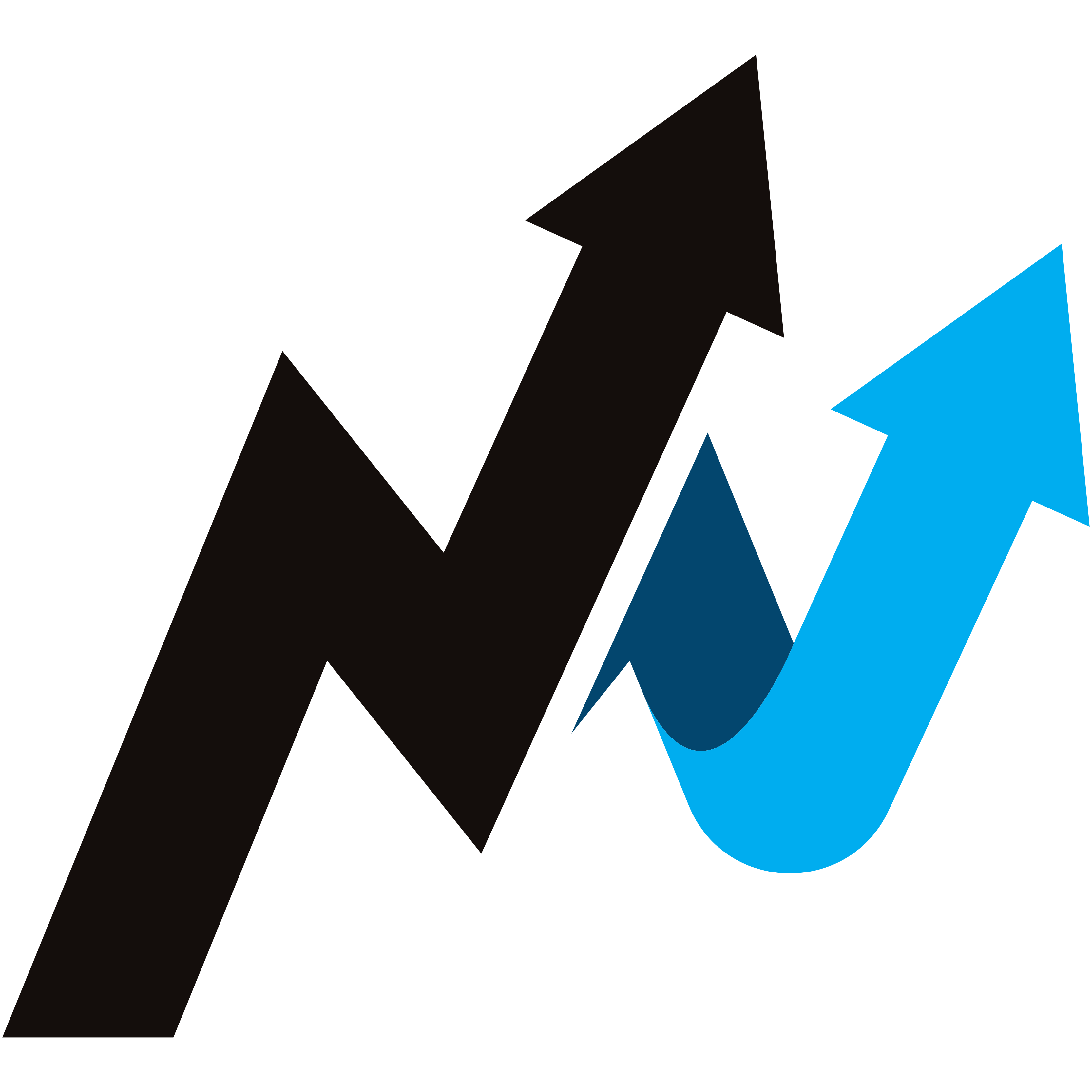In the world of financial markets, there exists a sharp contrast between trading and gambling—two activities that, at first glance, may appear similar but are fundamentally different in nature. While both involve speculation and risk-taking, trading is grounded in rational analysis, strategic planning, and disciplined execution, whereas gambling often relies on chance, emotion, and irrational behavior. In this insightful exploration, we delve into the key distinctions between trading and gambling, emphasizing the importance of rationality and informed decision-making in achieving success in the financial markets.
Foundation of Rational Analysis: Strategy vs. Chance
At the core of trading lies rational analysis and strategic planning. Traders meticulously analyze market data, economic indicators, and price charts to identify patterns, trends, and opportunities. They formulate trading strategies based on sound principles of technical and fundamental analysis, seeking to capitalize on predictable market movements and trends. In contrast, gambling often relies on chance and luck, with outcomes determined by random events rather than systematic analysis or strategic planning.
Discipline and Control: Managing Risk vs. Emotion
Trading requires discipline, control, and risk management. Successful traders adhere to predefined trading plans, implement strict risk management rules, and maintain emotional discipline even in the face of adversity. They recognize that losses are an inevitable part of trading and mitigate risk through position sizing, stop-loss orders, and portfolio diversification. In contrast, gambling is often driven by emotion, impulsivity, and the allure of quick profits. Gamblers may chase losses, deviate from their strategies, and succumb to the psychological biases that lead to irrational decision-making.
Long-Term Perspective: Investment vs. Speculation
Trading is often viewed as a long-term investment strategy aimed at building wealth and achieving financial goals over time. Traders focus on consistency, sustainability, and risk-adjusted returns, prioritizing prudent risk management and capital preservation. They recognize that success in trading requires patience, perseverance, and a commitment to continuous learning and improvement. In contrast, gambling is typically characterized by short-term speculation and the pursuit of immediate gratification. Gamblers may seek quick wins without considering the long-term consequences or the fundamental factors driving market movements.
Knowledge and Skill: Education vs. Chance
Trading requires knowledge, skill, and expertise acquired through education, training, and experience. Successful traders invest time and effort in learning about the financial markets, mastering trading strategies, and honing their analytical and decision-making abilities. They understand the intricacies of market dynamics, risk factors, and trading psychology, empowering them to make informed and rational decisions. In contrast, gambling often relies on luck, chance, and random outcomes, with little emphasis on skill or knowledge.
Rationality and Informed Decision-Making: The Key to Success
In conclusion, the distinction between trading and gambling lies in the foundation of rationality, discipline, and informed decision-making. While both activities involve risk-taking and speculation, trading is grounded in rational analysis, strategic planning, and disciplined execution, whereas gambling often relies on chance, emotion, and irrational behavior. By recognizing the differences between trading and gambling and prioritizing rationality and informed decision-making, traders can navigate the financial markets with confidence, discipline, and a greater likelihood of success.

